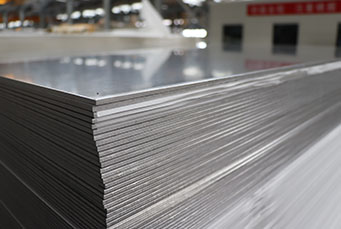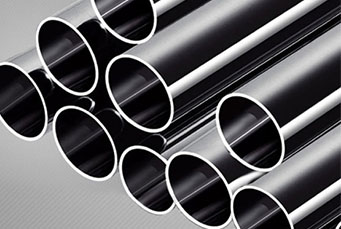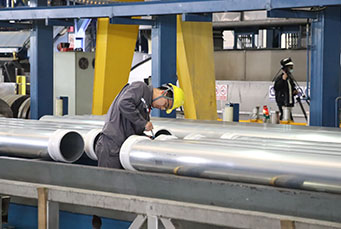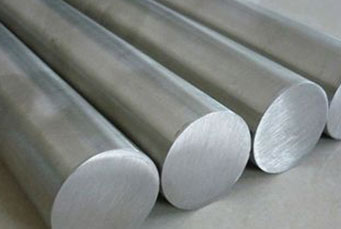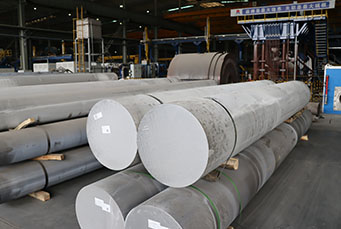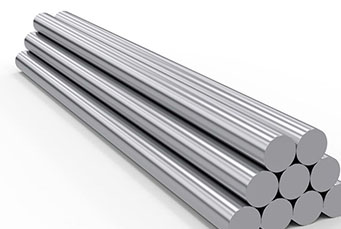How to Choose 8079 Aluminum Foil for New Energy Batteries
In the rapidly growing new energy battery industry, the selection of materials plays a critical role in determining the performance, safety, and longevity of batteries. 8079 aluminum foil, known for its excellent conductivity, corrosion resistance, and mechanical properties, is widely used as a current collector in lithium-ion batteries and other energy storage systems. Choosing the right 8079 aluminum foil is essential to ensure optimal battery performance and reliability.
Key Factors to Consider When Choosing 8079 Aluminum Foil for New Energy Batteries
-
Purity and Alloy Composition
-
High Purity: Ensure the aluminum foil has a high purity level (typically above 99%) to maximize electrical conductivity and minimize resistance.
-
Alloy Composition: 8079 aluminum foil contains small amounts of iron (Fe) and silicon (Si) to enhance strength and formability while maintaining conductivity.
-
-
Thickness and Uniformity
-
Thickness Range: The thickness of 8079 aluminum foil for batteries usually ranges from 20 to 30 microns. Thinner foils reduce weight and improve energy density, but they must maintain sufficient strength.
-
Uniformity: Consistent thickness across the foil is critical to ensure even current distribution and prevent hotspots in the battery.
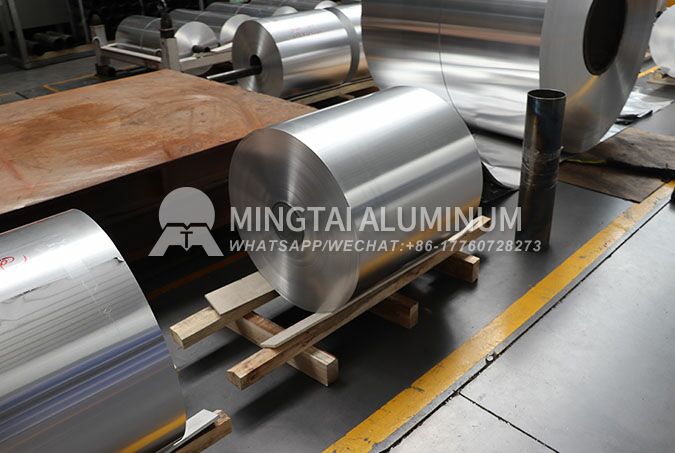
-
-
Surface Quality
-
Smooth Surface: A smooth surface reduces the risk of short circuits and improves the adhesion of active materials.
-
Cleanliness: The foil should be free from contaminants, oils, and oxides to ensure proper coating and bonding of electrode materials.
-
-
Mechanical Properties
-
Tensile Strength: The foil should have adequate tensile strength to withstand the rolling and coating processes without tearing.
-
Elongation: Good elongation properties ensure the foil can be processed into various shapes and sizes without cracking.
-
-
Corrosion Resistance
-
Electrolyte Compatibility: 8079 aluminum foil must resist corrosion from the battery electrolyte, ensuring long-term stability and performance.
-
-
Thermal Conductivity
-
Heat Dissipation: High thermal conductivity helps dissipate heat generated during battery operation, reducing the risk of overheating.
-
-
Supplier Reliability
-
Quality Assurance: Choose a supplier with a proven track record of producing high-quality aluminum foil for battery applications.
-
Certifications: Ensure the supplier complies with industry standards and certifications, such as ISO and RoHS.
-
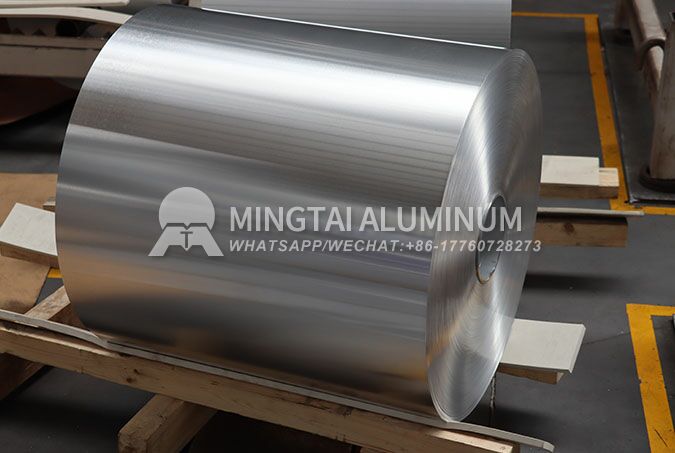
Applications of 8079 Aluminum Foil in New Energy Batteries
-
Lithium-Ion Batteries: Used as a current collector for the cathode due to its excellent conductivity and corrosion resistance.
-
Energy Storage Systems: Suitable for large-scale battery systems used in renewable energy storage.
-
Electric Vehicles (EVs): Ensures high performance and safety in EV batteries.
Why Choose Mingtai Aluminum?
Mingtai Aluminum is a leading manufacturer in the aluminum processing industry, equipped with advanced production facilities and extensive technical expertise. Our 8079 aluminum foil is specifically designed for new energy battery applications, offering:
-
High purity and consistent quality
-
Precise thickness control and uniformity
-
Excellent surface finish and cleanliness
-
Superior mechanical and thermal properties
For more information about 8079 aluminum foil for new energy batteries or to request a customized quote, please click Online Consultation or ccontact sales@mingtai-al.com. Our team of experts is ready to assist you with all your inquiries!


